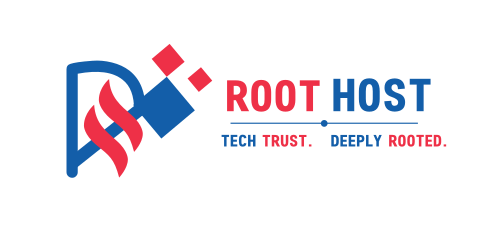Search Engine Optimization
Search Engine Optimization (SEO) is the practice of optimizing a website
Search Engine Optimization
Search Engine Optimization (SEO) is the practice of optimizing a website or online content to improve its visibility and ranking on search engine results pages (SERPs). The goal of SEO is to increase organic (non-paid) traffic to a website by making it more relevant and attractive to search engines.
Keyword Research
Identifying and targeting relevant keywords that potential visitors
Link Building
Backlinks are seen as votes of confidence in the eyes of search
Content Quality
Regularly updating and adding fresh content to keep the site current
Technical SEO
Optimizing the technical aspects of a website, such as improving site speed
Key components of Search Engine Optimization
- Keyword Research:
Identifying and targeting relevant keywords that potential visitors might use when searching for information related to your content or business. - On-Page Optimization:
Optimizing individual pages on a website by incorporating relevant keywords into titles, headings, meta descriptions, and content.Improving the overall user experience and ensuring that the content is easily accessible to search engines.
- Content Quality:
Creating high-quality, valuable, and relevant content that addresses the needs and interests of the target audience.Regularly updating and adding fresh content to keep the site current and engaging.
- Link Building:
Building a network of high-quality inbound links (backlinks) from reputable and relevant websites. Backlinks are seen as votes of confidence in the eyes of search engines. - Technical SEO:
Optimizing the technical aspects of a website, such as improving site speed, implementing proper redirects, using a mobile-friendly design, and ensuring proper indexing by search engines. - User Experience (UX):
Ensuring that the website provides a positive and seamless experience for users, including easy navigation, clear calls to action, and a mobile-friendly design. - Local SEO:
Optimizing a website for local searches, especially important for businesses serving specific geographic areas. This includes creating and optimizing Google My Business profiles. - Analytics and Monitoring:
Using tools like Google Analytics to monitor website performance, track user behavior, and gather data for making informed decisions and improvements. - Social Media Integration:
Leveraging social media platforms to promote content and engage with the audience. Social signals can indirectly impact search engine rankings. - Algorithm Updates:
Staying informed about changes in search engine algorithms (e.g., Google’s algorithm) and adjusting strategies accordingly.
Social Media Integration
Leveraging social media platforms to promote content and engage with the audience. Social signals can indirectly impact search engine rankings.
Analytics and Monitoring
Using tools like Google Analytics to monitor website performance, track user behavior, and gather data for making informed decisions and improvements.
Content Quality
Regularly updating and adding fresh content to keep the site current and engaging.
Technical SEO
Optimizing the technical aspects of a website, such as improving site speed, implementing proper redirects, using a mobile-friendly design, and ensuring proper indexing by search engines.
User Experience (UX)
Ensuring that the website provides a positive and seamless experience for users, including easy navigation, clear calls to action, and a mobile-friendly design.
On-Page Optimization
Improving the overall user experience and ensuring that the content is easily accessible to search engines.

